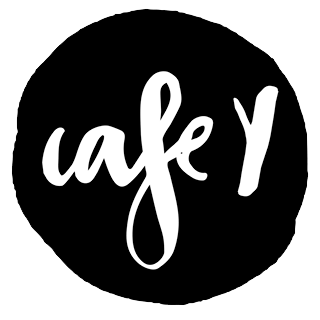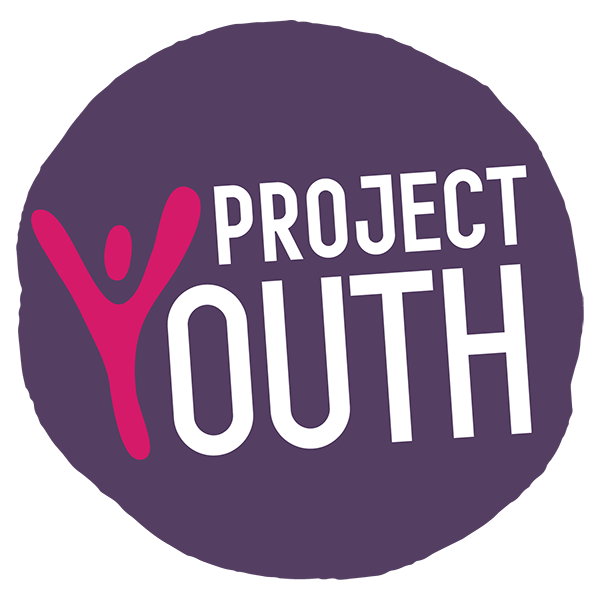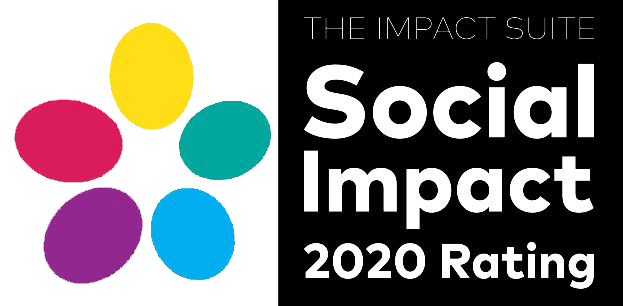DBT - Dialectical Behavioural Therapy
What is Dialectical Behaviour Therapy and how does it benefit young people?
Dialectical Behaviour Therapy, or DBT, is a type of talking therapy. It is designed for the specific needs of people who experience very strong emotions. Project Youth will be working with St. George CAMHS and Sutherland CAMHS to provide support to “young people who meet the threshold for CAMHS but wouldn’t engage in traditional therapy”.
The DBT program that we’re partnering on is going to be called Emotion Skills Group, instead of DBT, because it is only going to focus on the practical modules of DBT – Mindfulness, Distress Tolerance and Emotional Regulation modules - and be focused on just the young person. DBT at CAMHS usually involves parents, but our program will just be with young people. The reason DBT usually involves parents is because young people’s difficulties are often systemic (and larger than themselves). We've decided to just work with young people so they can have the opportunity to speak without their parents around.
- 8 sessions – 1x Mindfulness, 3x Distress Tolerance and 4x Emotional Regulation
- 1 – 1.5 hours for each session
- 10 young people per group – 12-15 years of age
- 2x CAMHS workers - one person leads and one person presents
- 1x Project Youth worker – our role is to manage the group, facilitate safety within the group and support young people who may become distressed
- PY staff will do their best to prepare young people for the group – e.g. “DBT is… , is this something you’re ready for and interested in?”
The traditional DBT that CAMHS uses has 5 modules:
- Mindfulness - focusing on the content.
- Distress Tolerance - ‘weathering the storm’
- Emotional Regulation - increase the emotional literacy in young people and distinguish differences between thoughts and emotions
- Interpersonal Effectiveness - how you communicate to get your needs met. It’s less practical, more theoretical.
- Walking the Middle Path - how your environment can impact your emotional regulation.
The end goal of the program is to build up a repertoire of skills and resources for young men to use when they need to regulate their emotions. There is also an opportunity for the participants in the program to seamlessly enter into Project Youth's other programs that could offer additional support if they needed it. In a way, this DBT program will be a soft entry point and will allow young people to meet with Project Youth staff in a comfortable and safe setting. It also gives our staff a chance to talk with young people that we otherwise might not have a chance to speak with and provide support to.
We are certainly looking forward to trying this program out and seeing the benefits that it will bring. As the program wraps up, we will look to provide an update on how it went!
Project Youth acknowledges the traditional custodians of the land on which we work. We acknowledge that this always was and always will be Aboriginal land and we pay our respects to Elders past, present & future.
All Rights Reserved | Project Youth Incorporated. Site by Fruitful Creative



